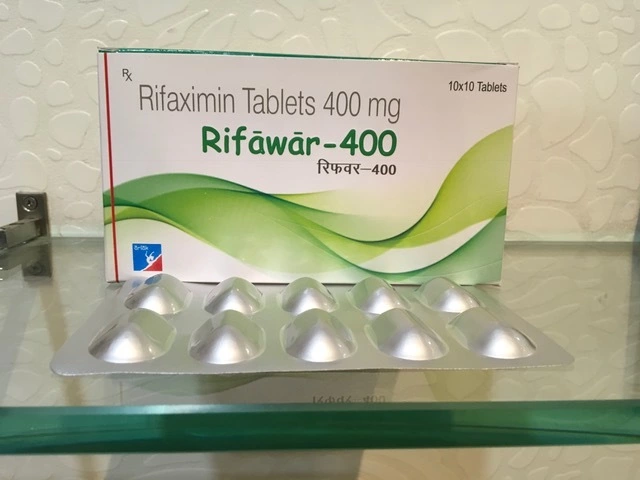Donepezil – Essential Guide for Alzheimer’s Treatment and Drug Comparisons
When working with Donepezil, a cholinesterase inhibitor prescribed to ease symptoms of Alzheimer’s disease. Also known as Aricept, it helps keep the brain’s acetylcholine levels higher, which can improve memory and daily function. donepezil is one of the most widely used options for clinicians dealing with early‑to‑moderate cognitive decline.
Why Donepezil Matters in Managing Cognitive Health
The primary condition it targets is Alzheimer’s disease, a progressive neurodegenerative disorder characterized by memory loss and impaired reasoning. Also referred to as AD, this disease affects millions worldwide and places a heavy burden on families and health systems. When clinicians diagnose Alzheimer’s, they often look for drugs that can slow symptom progression, and donepezil fits that need by inhibiting the enzyme that breaks down acetylcholine.
Donepezil belongs to a broader class known as cholinesterase inhibitors, medications that block the breakdown of acetylcholine to boost neurotransmission in the brain. This class includes rivastigmine and galantamine, each with slightly different dosing schedules and side‑effect profiles. Understanding how cholinesterase inhibitors work helps patients and caregivers weigh benefits against possible nausea, insomnia, or muscle cramps.
Another commonly discussed drug for Alzheimer’s is memantine, an NMDA receptor antagonist that protects neurons from excess glutamate activity. Memantine is often prescribed in later stages or combined with a cholinesterase inhibitor for a dual‑mechanism approach. The combination aims to address both acetylcholine deficiency and excitotoxic damage, offering a more comprehensive symptom management plan.
Clinicians frequently compare treatment options based on disease stage, tolerability, and cost. Donepezil’s once‑daily dosing makes it convenient, while rivastigmine’s patch form can reduce gastrointestinal upset for some users. Cost considerations also influence choice; generic donepezil is widely available and often covered by insurance, making it accessible for long‑term use. Side‑effect profiles differ, so a personalized assessment is key to finding the right fit.
Below you’ll find a curated collection of articles that break down drug comparisons, practical tips for managing side effects, and updates on the latest research. Whether you’re looking for a side‑by‑side review of donepezil versus other Alzheimer’s medications or advice on daily dosing strategies, the posts ahead offer concrete guidance to help you make informed decisions.

Donepezil and Brain Health: Essential Facts You Should Know
- Date: 24 Oct 2025
- Categories:
- Author: David Griffiths
Learn how donepezil works, its benefits for brain health, side effects, dosage, and alternatives, plus practical tips to support cognition.




